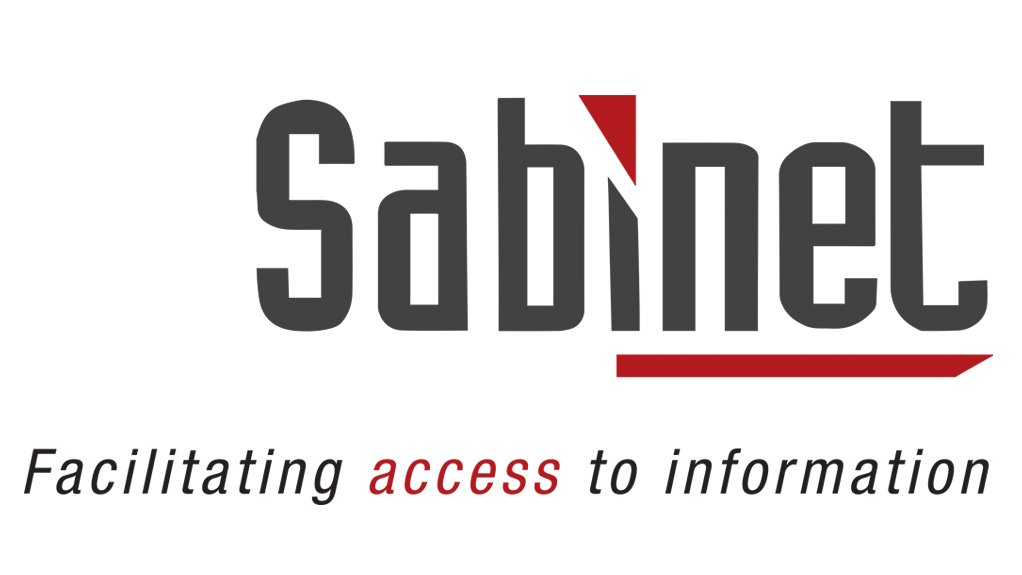According to UNESCO, the global demand for higher education will have increased from 97-million students in 2000 to over 262-million students in 2025. South Africa’s situation is no different from that of the rest of the world, with public institutions being inundated with student applications and private institutions surfacing to benefit from such demand.
South Africa is considered to have a complicated educational environment when it comes to regulatory requirements. As UNESCO reports: “The Department of Higher Education and Training is responsible for higher education institutions, further education and training (FET) colleges and adult learning centres, as well as coordination of the National Human Resource Development Strategy. The … Department of Higher Education and Training will cover all public and private higher education institutions, colleges and the skills development sectors, which include the sector education and training authorities, the National Skills Authority and the National Skills Fund.”
With a plethora of public and private institutions to cover, the provision of higher education is regulated through the following legislation:
Higher Education Act, No. 101 of 1997 (Department of Education, 1997b).
Higher Education Amendment Acts: No. 55 of 1999; No. 54 of 2000; No. 23 of 2001; No. 63 of 2002; No. 38 of 2003 and No. 39 of 2008; (Department of Education, 1999, 2000, 2001, 2002b, 2003b, 2008b.
Higher Education Act, No. 101 of 1997: Regulations for the Registration of Private Higher Education Institutions (hereafter referred as the Regulations) (Department of Education, 2002a).
Minimum Admission Requirements for Higher Certificates, Diplomas and Bachelor’s Degrees Programmes (Admission Requirements) (Department of Education, 2005).
Higher Education Qualifications Framework (HEQF) (Department of Education, 2007).
National Qualifications Framework Act, No. 67 of 2008 (NQF Act 2008) (Department of Education, 2009a).
Minimum Admission Requirements for Higher Certificate, Diploma and Bachelor’s Degree Programmes requiring a National Certificate (Vocational) at Level 4 of the National Qualifications Framework (Department of Education, 2009b; Council on Higher Education, 2006a:2; Department of Education, 2007:3; Department of Education, 2009a:2; Department of Education, 2009b:1).
Ellis and Steyn claim that “Regulatory requirements within an educational environment in South Africa are presenting a huge challenge to private higher education providers. … [T]he management of private higher education institutions in South Africa not only has to deal with the influences of the conditions of the regulatory framework but also has to manage the tension this creates within the management process of planning, organising, leading and controlling of the resources to achieve institutional goals, including healthy financial sustainability and good quality education.”
So, staying on top of your institution’s regulatory requirements – whether you’re a public or private institution – seems like a no-brainer. But in addition to all the education-related compliance, there are two sets of regulatory information that are crucial to compliance officers within academic institutions and their financial departments – one from the South African Reserve Bank and the other from the Financial Services Conduct Authority. Even students in the Law and Finance faculties can benefit from access to these regulatory instruments.
And that’s where Sabinet comes in. Sabinet Financial Regulatory Instruments is a consolidated service that includes South African Reserve Bank and FSCA Regulatory Instruments on a single platform – with notifications to all legislation as well as future legislation. So, don’t flounder amidst the many regulations that govern your higher education environment – get access to everything you need, including guidelines, standards, directives, and links to supporting information compiled by Sabinet’s product specialists.
EMAIL THIS ARTICLE SAVE THIS ARTICLE ARTICLE ENQUIRY
To subscribe email subscriptions@creamermedia.co.za or click here
To advertise email advertising@creamermedia.co.za or click here











